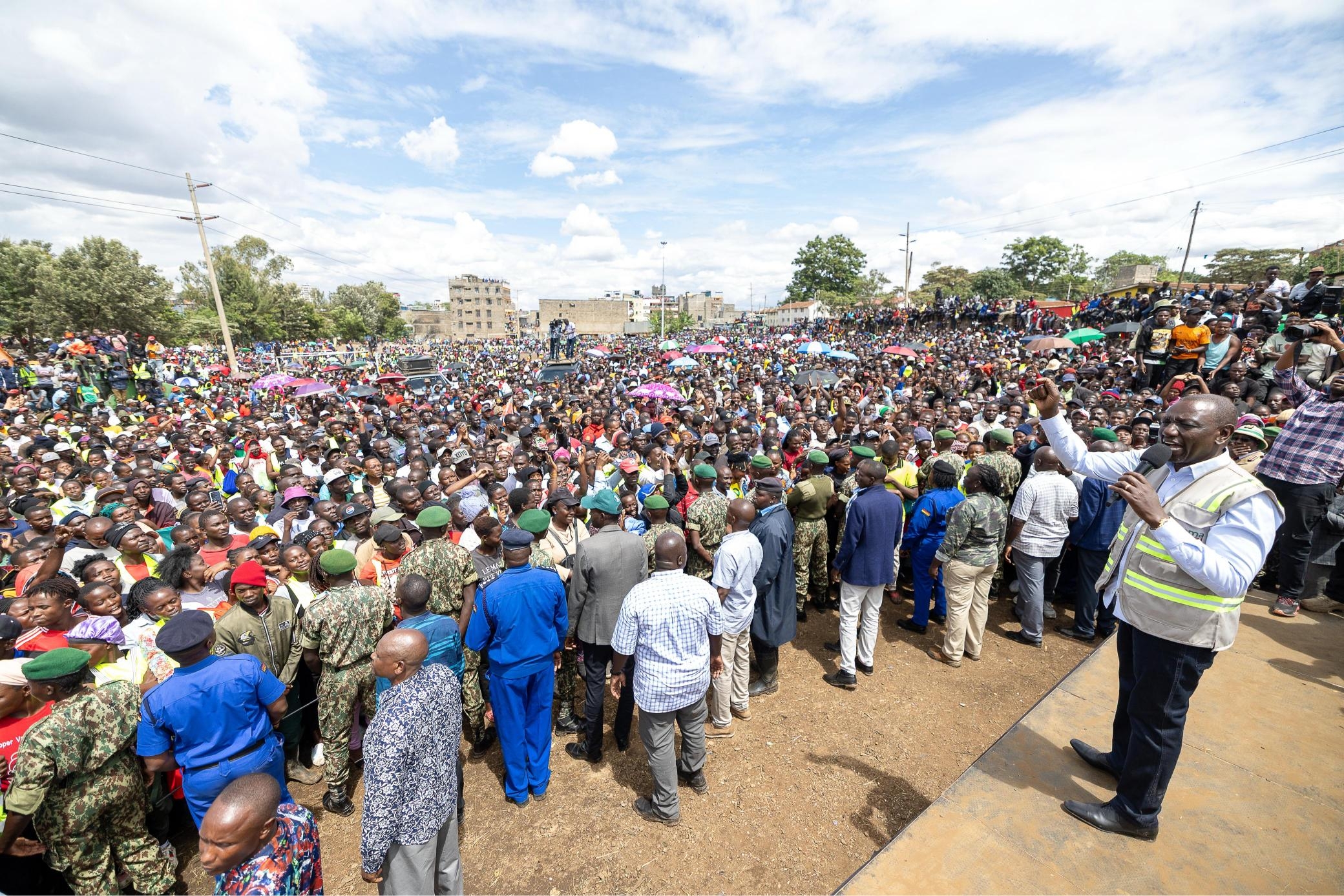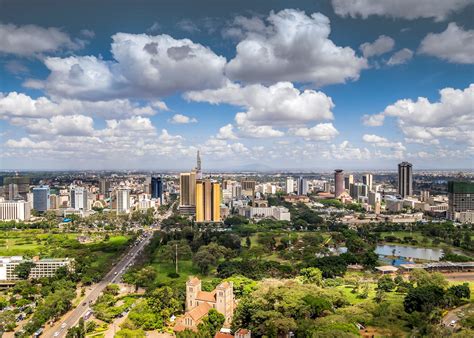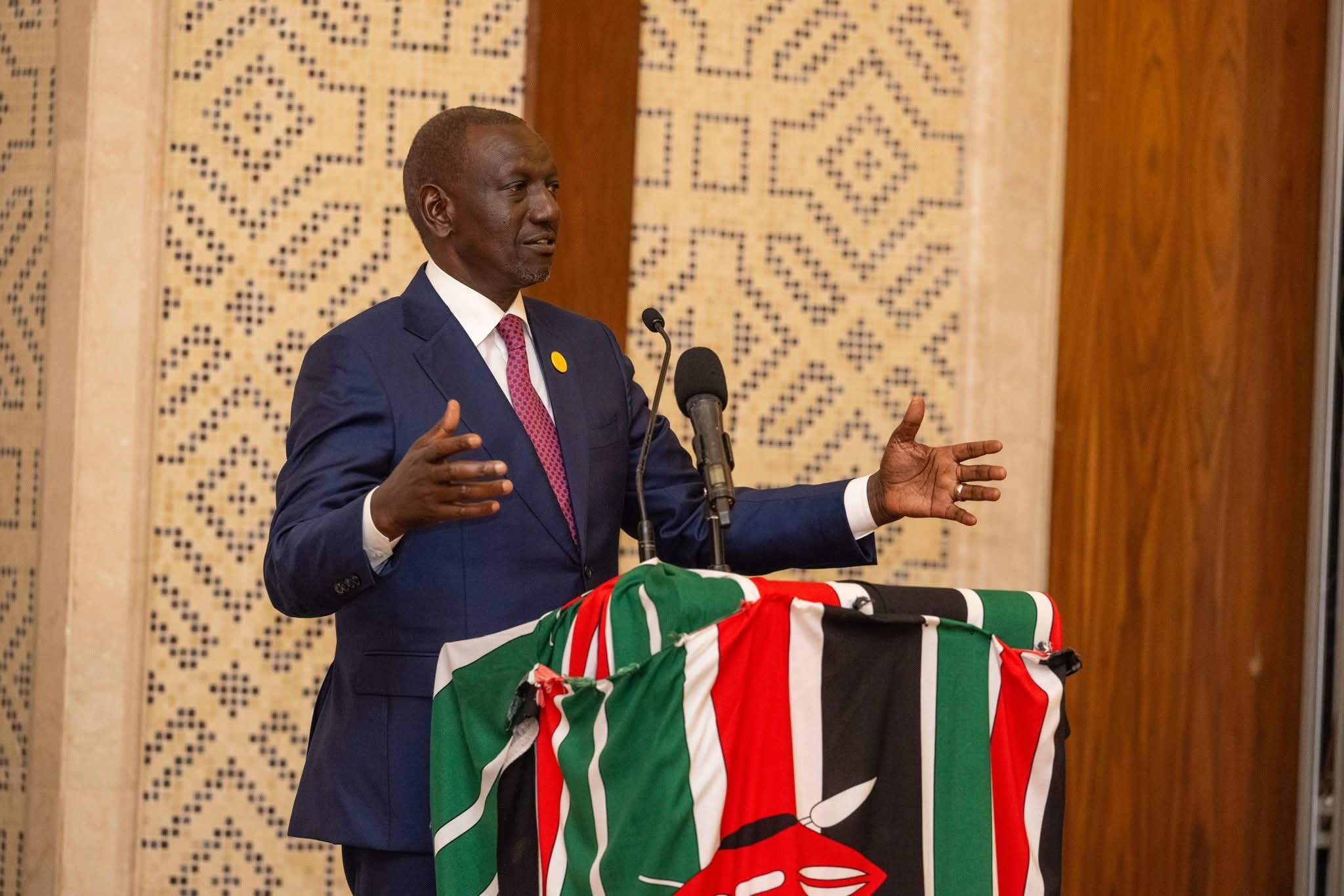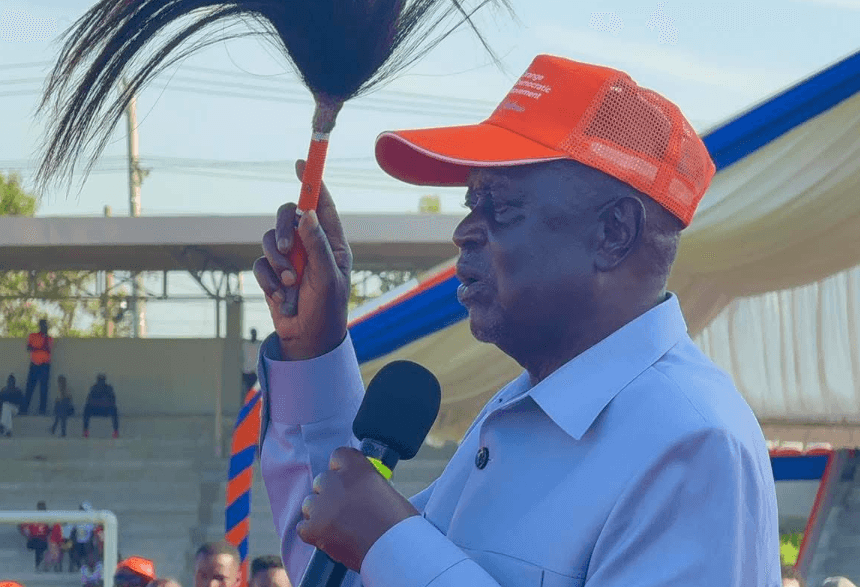

Nairobi policymakers are banking on the Nairobi River Regeneration Project to sustain the city’s recent inclusion into an exclusive club of six global capitals named to the inaugural cohort of the Davos Baukultur Alliance.
The alliance, launched by the World Economic Forum in partnership with KPMG, is a global initiative promoting sustainable, inclusive and well-designed urban environments.
The announcement, made during the Baukultur Summit in San Francisco, California, places Nairobi alongside Kuala Lumpur (Malaysia), Medellín (Colombia), San Francisco (US) and Utrecht (the Netherlands) as founding members.
Local policymakers and urban experts told the Star that Nairobi’s selection was not accidental and that it reflects the city’s recent progress under the Nairobi River Regeneration Project, a comprehensive effort to restore infrastructure, clean up waterways and reconnect communities.
Nairobi mobility CEC Ibrahim Auma said the regeneration drive “represents a shift from policy to practice by translating climate ambition into tangible results—cleaner waterways, green public spaces, low-carbon mobility and circular waste management”.
"Most people are making noise that Governor [Johnson] Sakaja is not working but the reality is that the strategic thinking that he is leading is the reason we are getting the recognition. We are laying down structures and seeking the right partnership that are sustainable, humane and makes the city liveable," he said during an interview at his office.
Urban planning expert Tom Karinga said Nairobi’s inclusion in the Baukultur Alliance confirms that the city’s regeneration blueprint is gaining international traction.
“For years, Nairobi was seen as a city struggling with unplanned growth and poor environmental management,” he said.
“What we are seeing now is a deliberate, well-coordinated effort to reposition the city as a model for climate-smart and people-centred urban renewal.”
At the core of this renewal is a sweeping infrastructure overhaul designed to align Nairobi’s systems with international standards such as Sustainable Development Goal 6 (Clean Water and Sanitation) and SDG 11 (Sustainable Cities and Communities).
Key upgrades include the construction of a 60-kilometre trunk sewer line along the Nairobi River Basin and the modernisation of the Kariobangi Waste Water Treatment Plant, increasing its capacity from 60,000 to 90,000 cubic metres per day.
The city is also developing 27.2 kilometres of non-motorised transport corridors, five metres wide, connecting Naivasha Road to Lucky Summer to promote sustainable mobility.
Equally transformative is the planned closure and conversion of the Dandora Dumpsite into a circular economy and waste-to-energy facility, a move expected to generate green jobs and reduce urban pollution.
Beyond engineering, the Nairobi River Regeneration Project has become a social movement. Grassroots and civic groups have infused the city’s renewal with community ownership and creativity.
In Korogocho, youth from Komb Green Solutions have led river clean-ups and urban greening drives.
The Kilimani Project Foundation maintains neighbourhood parks, while the Friends of Ondiri Network protect Nairobi’s last natural wetland source.
In Kamukunji, local environment champions have reclaimed derelict riverbanks, transforming them into safe, vibrant public spaces.
These efforts demonstrate that regeneration is not just about infrastructure but also about restoring civic pride and redefining public space.
Behind the visible progress lies a strengthened governance framework. Reforms under the Environmental Management and Coordination Act (EMCA), the forthcoming Special Planning Area Act, 2025 and new county-level urban planning and waste management regulations are providing structure and accountability to the regeneration effort.
Multi-agency coordination has started reversing decades of underinvestment, weak enforcement and unplanned urban growth.
The dividends are becoming evident: cleaner waterways, improved public health, revitalised green corridors, and a renewed tourism and MICE (Meetings, Incentives, Conferences and Exhibitions) appeal.
The emerging circular economy is also opening new livelihoods while reinforcing Nairobi’s identity as a green, resilient city.
The Baukultur Alliance is part of a wider international effort encouraging cities to integrate the principles of Baukultur—a German term referring to the culture of building and urban quality—into their planning and development frameworks.
The initiative emphasises good governance, sustainability, accessibility and cultural inclusion as cornerstones of responsible urban growth.
The global recognition also builds on momentum from the 2025 Climate Action Summit, recently convened by the Nairobi Rivers Commission and the Kenya School of Government, which underscored the need to accelerate Kenya’s climate commitments through integrated, multi-sectoral action.



















